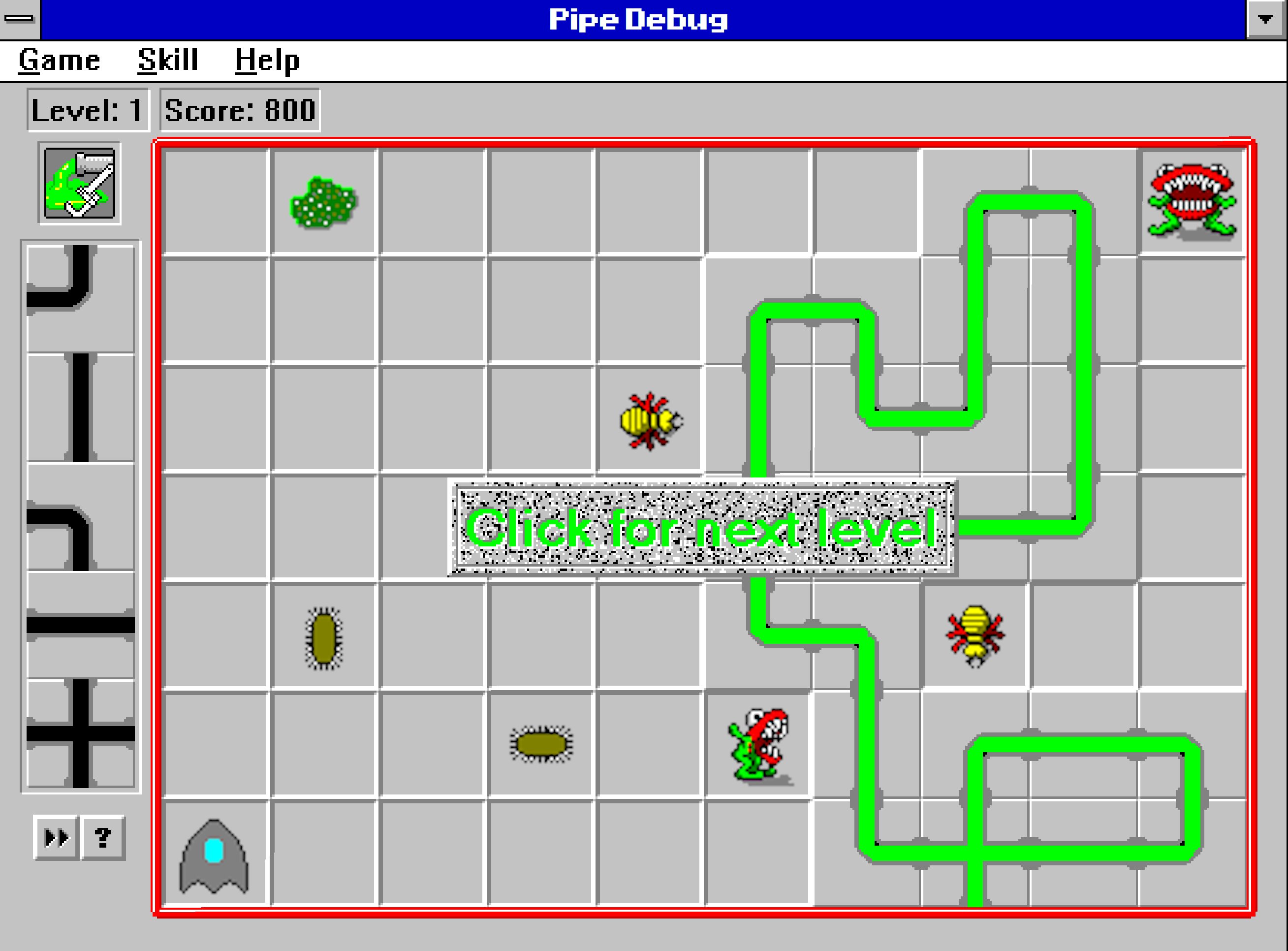pipe-debug
pipeline debugging and performance measuring microtool.
Zero dependency. TypeScript-optimized. Autocurried. Immutable. Short Circuiting.
Why it's useful
Array method chaining
When you're doing stuff like this:
const output = myArray
.map(addSomeComputedProperty)
.map(andDoSomeOtherThing)
.reduce(onlyTheOriginalAuthorUnderstands)
.sort()
.reverse();Add .map(debugArray()) between those statements to get some console.log output for what the values are at that point. You can also add labels or custom callbacks.
const output = myArray
.map(addSomeComputedProperty)
+ .map(debugArray()) // console.log the value at this point in the chain
.map(andDoSomeOtherThing)
+ .map(debugArray('ziltoid')) // console.log an object: `{ ziltoid: theValueAtThisPoint }`
.reduce(onlyTheOriginalAuthorUnderstands)
+ .map(debugArray(customLogger)) // override everything with your own custom logger
.sort()
.reverse();You can turn it off globally with setDebugMode(false).
Ramda's pipe/compose and Lodash's flow
Works as you would expect, same as above except you use debugPipe.
const addOne = add(1);
const simpleArray = pipe(
debugPipe(), // just console.logs the value
map(addOne),
debugPipe('end'), // console.logs `{ end: theValue }`
map(addOne),
debugPipe(customLogger), // sends the value to a custom logger
)([1, 2, 3, 4, 5]);
Actual debugger lines
In the above examples where you see customLogger, consider that you can pass something like this:
pipe(
...
debugPipe(() => { debugger; }),
...
)()or this
array
...
.map(debugArray(() => { debugger; }))
...Now, if you're one of those cool-kids that has a debugger actually working in your project, you can add breakpoints in this way.
Performance Metrics
But simple logging isn't all this can do. It also can track the time it takes for each portion of your pipe, if you're doing pipeline style.
const output = pipe(
() => [1, 2, 3],
startTimings('bigDataProcessingJob'),
map(add(1)),
debugPipe('first addition'),
map(multiply(10)),
debugPipe('second addition'),
endTimings(),
)()This outputs a performance report with the milliseconds between each step:
{
"bigDataProcessingJob": [
{ "first addition": 123.4 },
{ "second addition": 567.8 },
]
}Frequently Asked Questions
Q: Isn't this like ramda/tap or rxjs/tap?
A: Yes, it is similar. The difference for me is that it's already wired up and ready for the debugging workflow, complete with labels for ease of use. Combine that with the performance and timing capabilities, and it's suddenly worth creating this package.
Q: What's the test coverage for this like?
A: 100%. Now, I haven't (yet?) instituted istanbul to prove it.
Q: How many dependencies are there?
A: Zero.
Q: Are there TypeScript types?
A: You betcha.
Q: how can I turn a bunch of statements off all at once without having to comment them out or remove them?
A: just use
setDebugModetofalse. Don't worry, it short circuits so aside from the cost of the function closure and the single if statement at the beginning of the function source, there should be no performance impact.
Q: Are you using
Date.now()for the performance timings.A: Nah.
performance.now()is where it's at. This is also the reason why node v8.5.0 and above is required.
Q: What's the history of this code?
A: I've been using it for years, actually, and finally decided that instead of copy/pasta'ing it on various projects to just publish an npm for it.
Q: is "performant" a word
A: sure, why not?
Caveats
- This tool is intended for inspection and debugging only. If you mutate the data in your custom callback... well... then I wish you the best in your future endeavors, haha. I could use TypeScript to try to make this harder to accidentally do, but opted not to because there are so many existing APIs (including most of
lib.dom, for example) that don't useReadonly<>andreadonly, even if the functions don't actually mutate.

